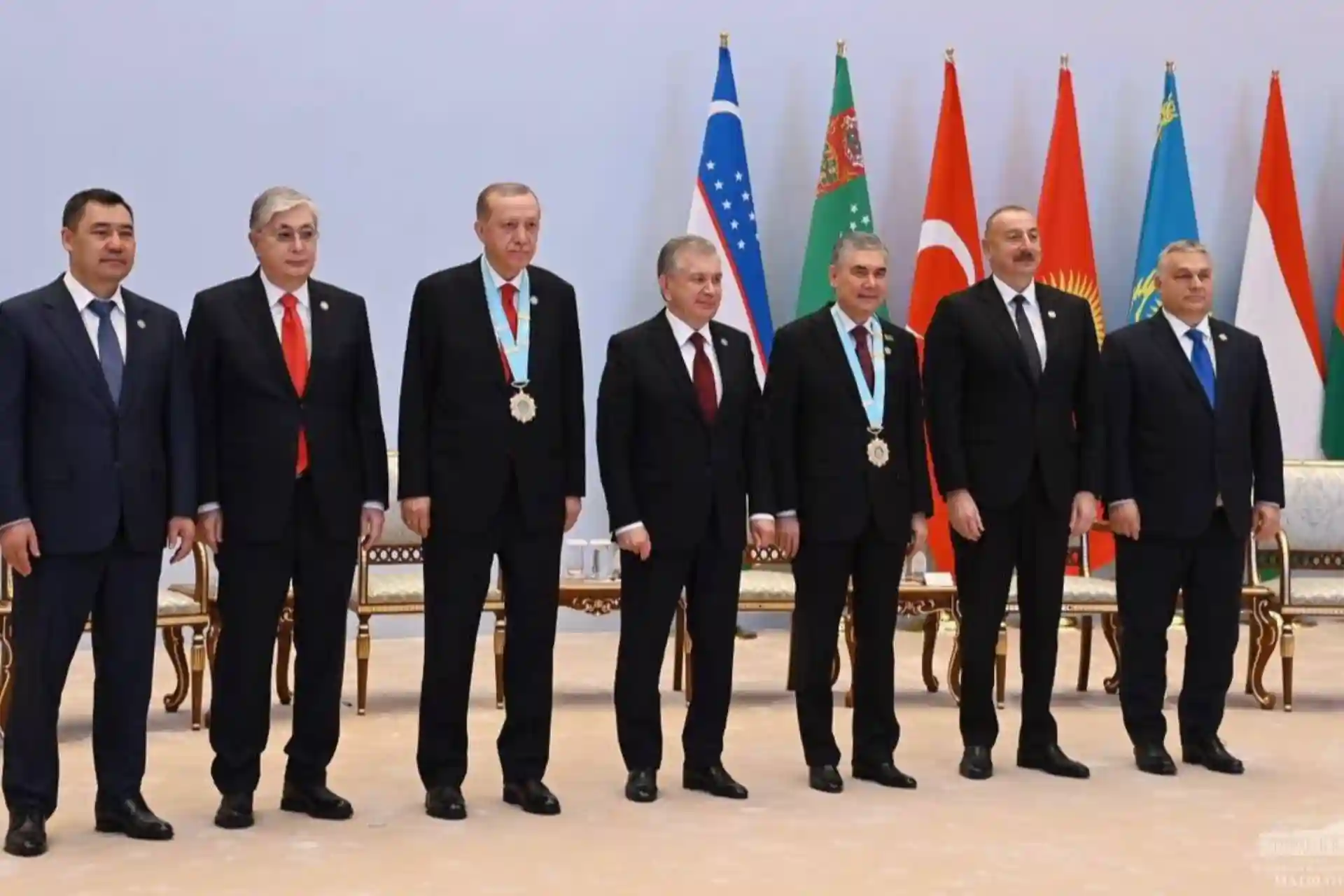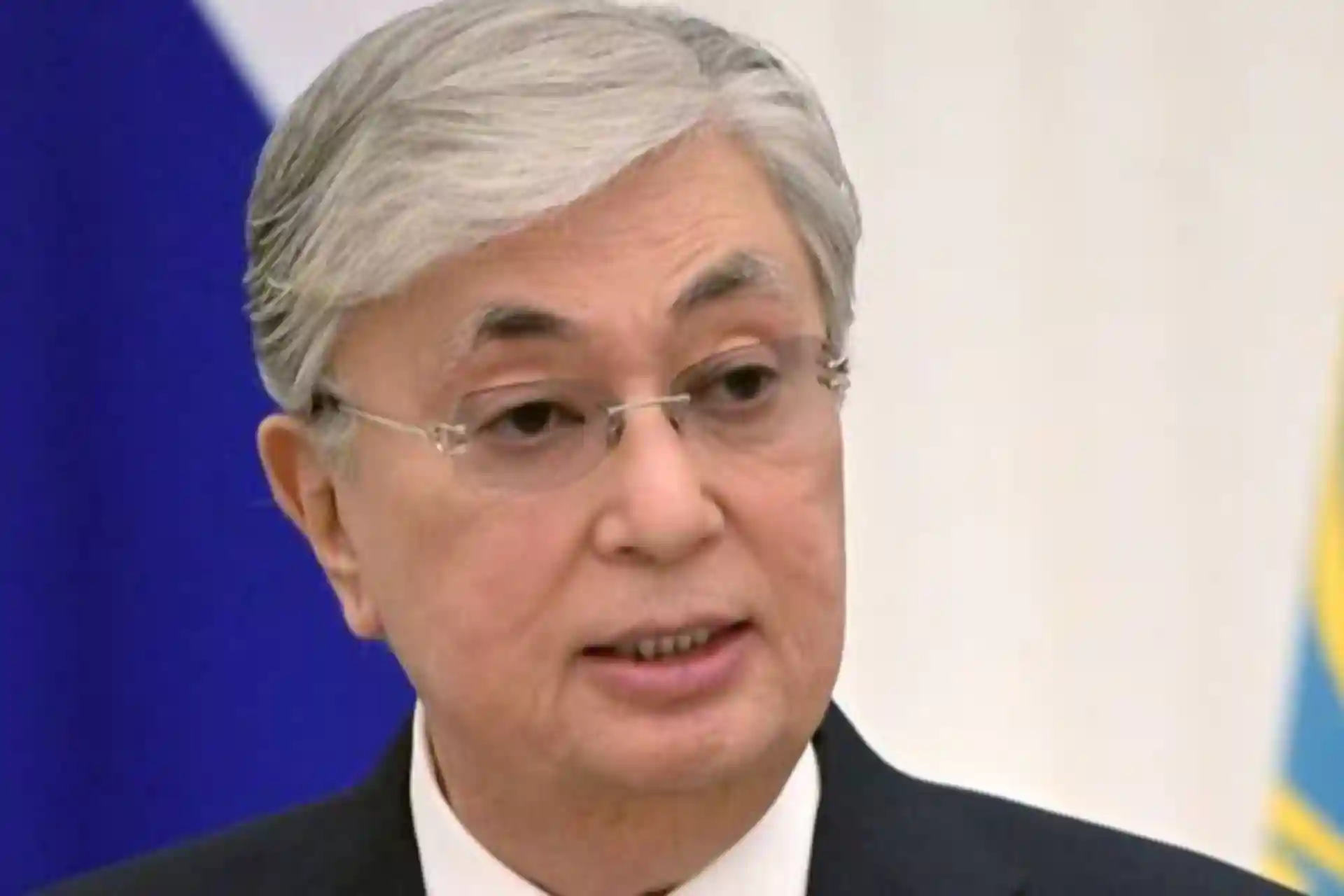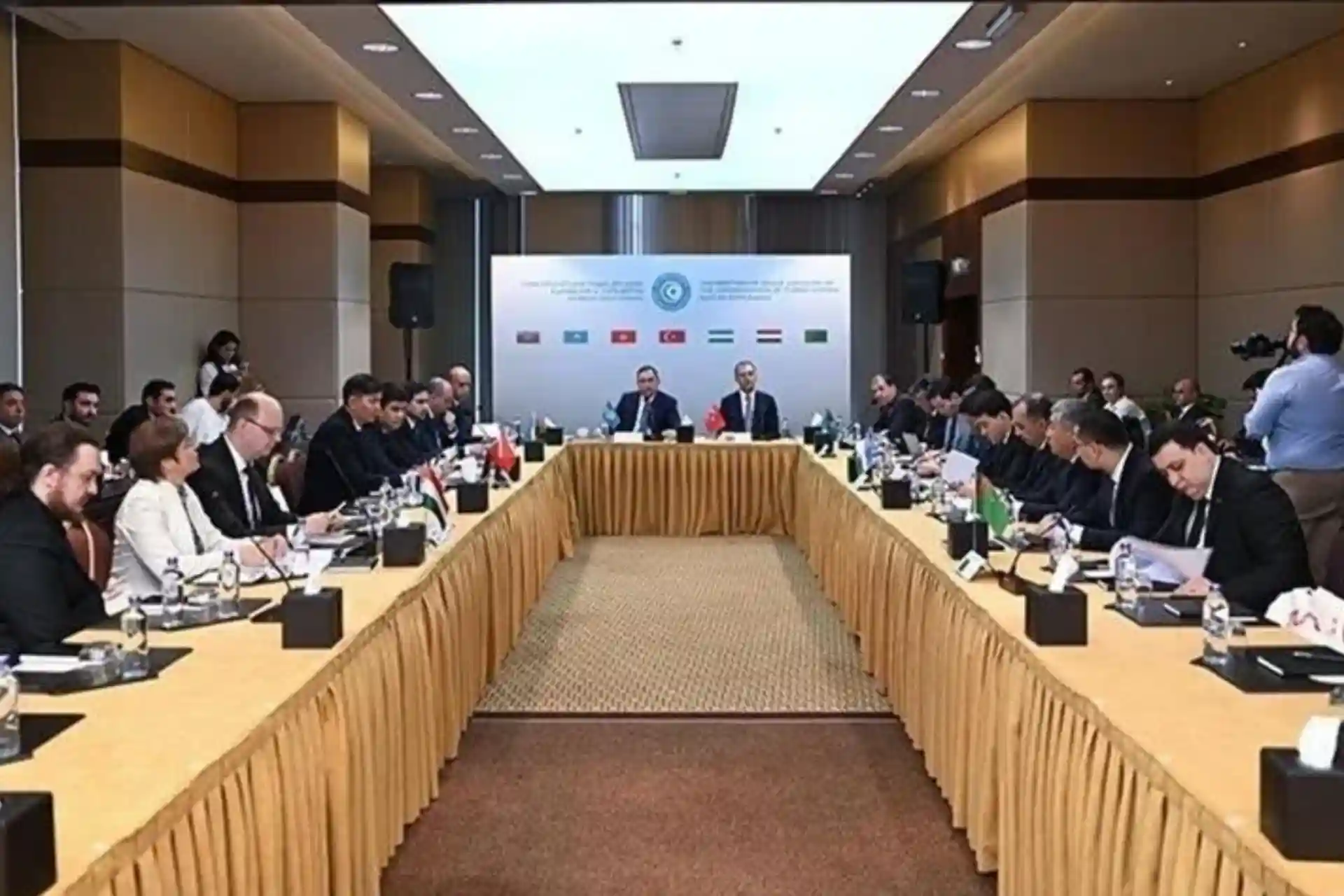01.07.2024 08:31
2586
Military cooperation of Turkish countries is increasing - expert
The Organization of Turkic States (TDT) emerged as a new geopolitical player, successfully uniting countries with a common Turkic identity, striving for a multipolar world. It is mentioned in the article of political scientist Taras Kuzo published in Eurasia Review.
It is noted that the Cooperation Council of Turkic-speaking countries was established in October 2009 in the Nakhchivan Autonomous Republic of Azerbaijan at the suggestion of Nursultan Nazarboev, the first president of Kazakhstan.
Some time later, at the 8th Summit of the Cooperation Council of Turkic-Speaking States held in Istanbul, the name of the Turkic Council was changed to the Organization of Turkic States.
Initially, Azerbaijan and Turkey were the driving force of the integration of TDT member states, and later Kazakhstan and Uzbekistan are also active members of the organization.
Most importantly, unlike most organizations, the TDT represents an alliance of countries with equal rights. Although Turkey has a larger population than other countries, the other members of the organization do not see Ankara as a hegemon.
The secretariat of TDT is located in Istanbul, however, the organization also has its structures in other member countries, for example, Azerbaijan and Kazakhstan.
Kuzo added that in organizations such as the CIS, the British Commonwealth, or Francophonie, the former colonial countries Russia, Britain, and France lead, while the rest of the countries listen to the opinions of the three powers in political, diplomatic, economic, and security matters.
"Especially, the victory of Azerbaijan in the conflict with Armenia has opened a new era in the strengthening of Turkish unity," the report said.
The politician drew attention to the fact that Turkey's military education, in contrast to Russia's, is outdated, attracting the attention of the countries of the region in terms of importing weapons.



